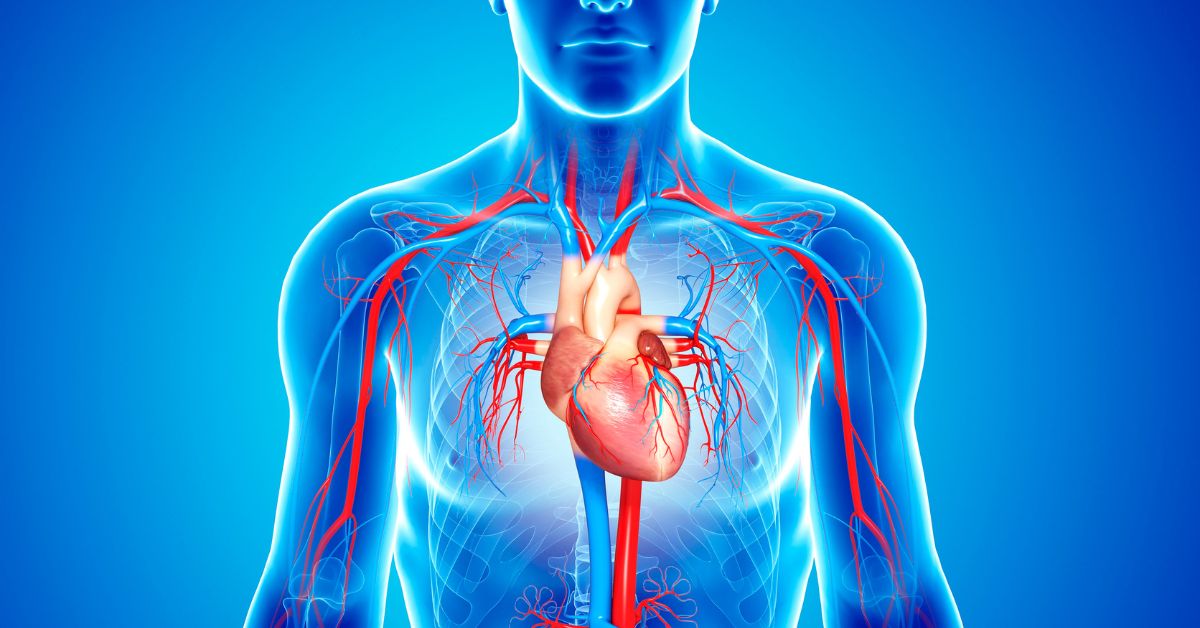HIV-positive patients have a severe immunodeficiency, which is responsible for leaving them vulnerable to a variety of infections, where, for example, a simple cold can develop into something more serious, such as a lung infection.
But it doesn't stop there: several studies around the world are linking cardiovascular risks to this group as well as the more well-known diseases, which is worrying cardiologists.
Much has been speculated about the harm that HIV can do to patients who test positive for the virus. Learn about cardiovascular risk in our post today.
Increased cardiovascular risk in HIV-positive patients
Various factors can cause an increase in cardiovascular risk in HIV-positive patients, but in the past, as soon as studies began, they were linked to heart problems, such as coronary artery disease, because of the increased survival of these people, i.e. natural aging.
However, over the years, other hypotheses have emerged that make this narrative change:
- chronic inflammation: HIV-positive people have chronic inflammation, a symptom that is part of the disease, even for those who are properly treated and have a lower viral load,
- HCV infection with HIV: a co-infection of this type increases cardiac risks in patients.
HAART treatment
In addition to the factors mentioned above, another factor is drawing the attention of doctors and researchers: HIV treatment itself.
Mainly, treatment with HAART, also known as highly active antiretroviral therapy.
It has been found that this long-term treatment can increase the incidence of hypertension and lipid abnormalities in this population, which totals 38 million people worldwide.
Even in countries where the use of HAART is widespread, deaths from cardiovascular disease are becoming a concern for the government and health professionals, who are studying why this happens and how to get around it.
How to estimate cardiovascular risk in HIV-positive patients?
More important than knowing what brings cardiovascular risks to HIV-positive patients is knowing how to estimate the risk of these problems in people facing the disease.
Currently, there are two main calculators that help estimate vascular risk: Framingham and ASCVD/AHA/ACC.
Although they are extremely useful for mapping and providing a better idea of the subject, these forms of calculation are not precise enough to know which patients are more at risk than others.
How can we improve the quality of life of HIV-positive patients?
In fact, the life of an HIV-positive patient is marked by a constant routine of tests, consultations and follow-ups, to find out how the treatment is going and whether their state of health remains stable.
As well as being exhausting, this can be painful and uncomfortable. That's why new forms of examination are being introduced to the world market.
Among them is the solution developed by Quoretech, with the QuoreOne device and an artificial intelligence platform, which allows heart tests to be carried out quickly, extremely accurately and comfortably.
It is now easier to assess the cardiac risks of HIV-positive patients without jeopardizing their quality of life, since this equipment allows the patient to be monitored for longer using a non-invasive method, thus significantly improving the diagnostic quality of the test.
Want to know more about it? Visit our website and get to know the small device that is revolutionizing the diagnosis of heart problems around the world.



